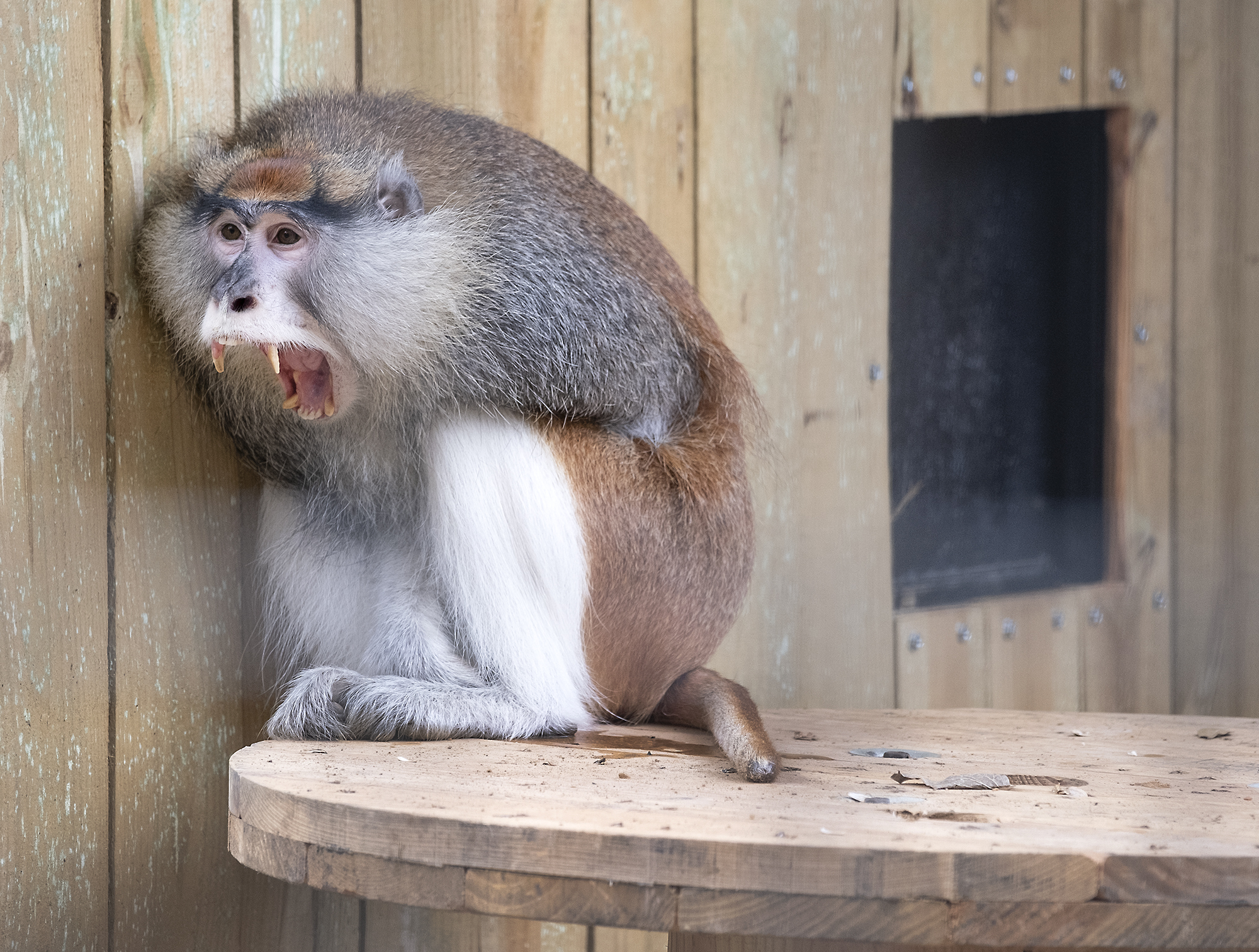I can't say that I envy the position that the keepers at the Austin Zoo have found themselves in. I also can't say that I've never found myself in a similar position. Zookeepers become zookeepers because they care deeply about animals. This happens in the abstract (all the animals in Africa, and Asia, and South America, and...) and in the specific, as in, the animals that you work with day-to-day. We want to give them the best possible care, because we know they deserve it. But what do you do if your management isn't quite on the same page as you are?

A zookeeper's highest duty - above any of the lofty-sounding, highfalutin goals of the organization - is the safety and welfare of their animals. It comes above loyalty to the institution. Sadly, in the case of Austin, it sounds like the keepers were forced to decide between the welfare of the animals and their own careers. It's a tough call - do you stay quiet and try to improve things as much as possible from within, providing your animals with comfort and support? Or do you rock the boat and risk everything?
Now, I'm going to be honest here for a second - we animal care folks are a rowdy, unruly lot, we don't always take instructions well, we refuse to compromise, and we're always looking for the next hill to die on. I've worked with plenty of keepers beneath me who have been outraged - outraged - by some animal care decision that I've made and told them to follow. "You want to give the monkeys outdoor access, in this weather? You'll kill them!" "You want to isolate this animal from its siblings for medical reasons - monster!" "You're giving the tigers hay for bedding? Don't you know they'll eat it and die!" Followed by a storming off and/or weeping.
You see... no lack of self-righteous drama at the zoo.
How do you make sense of such madness? How do you determine what concerns are valid and worth fighting over, and which ones you might *gulp* be wrong about? The best solution is have decision-making out of the hands of one person, but in the hands of several, with open discussion and debate being encouraged. Yes, someone will still have to make that call - a curator, a director - but by giving everyone a chance to be heard, to have concerns aired, and to speak freely (without the risk of termination for dissenting), we decrease the likelihood of bad decisions being made which negatively impact the animals.
I've never been to the Austin Zoo, probably in part because I've never been to Austin. With so many tremendous zoos, aquariums, and wildlife parks in Texas, it never really occurred to me to stop by. Maybe some good will come of all of this. Maybe things will turn around, and Austin will become a truly great zoo. I'd like to think so. The world needs more good zoos. We don't need any bad ones. The question is how do you get from one to the other?
No comments:
Post a Comment